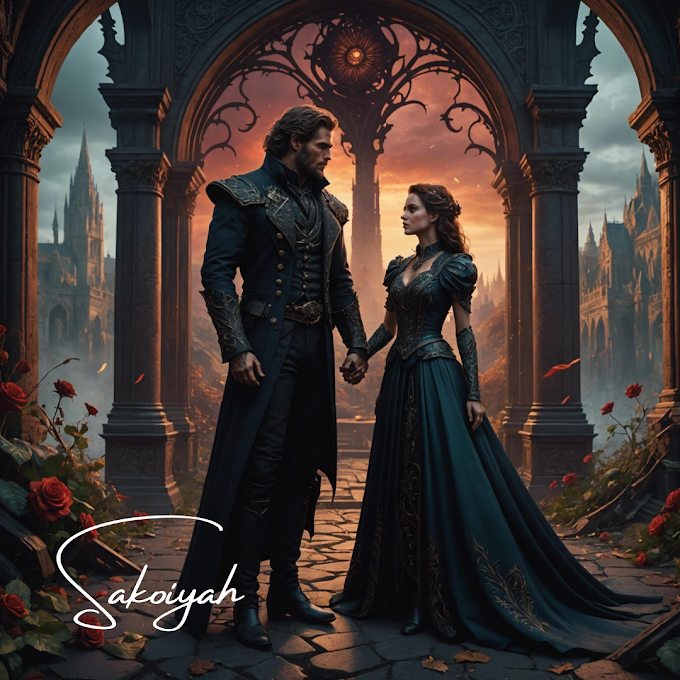This Blog Post is about 13 Important Things About Flash Fiction.
This blog post is an all-about 13 Important Things About Flash Fiction.
Flash fiction, also known as microfiction or short-short stories, has gained immense popularity in recent years due to its brevity, creativity, and the unique challenges it presents to writers. With its roots tracing back to the earliest forms of storytelling, flash fiction has evolved into a respected and distinct genre in the literary world. Despite its brevity, crafting a compelling piece of flash fiction requires skill, precision, and creativity. In this blog post, we will explore 13 important things about flash fiction, from its definition and characteristics to its impact on both writers and readers.
1. What Is Flash Fiction?
Flash fiction is a form of short story that typically ranges between 300
and 1,000 words, although definitions can vary slightly. The key characteristic
of flash fiction is its brevity, which requires the writer to convey a complete
story or scene in a very limited word count. Despite its short length, a
well-crafted piece of flash fiction contains all the essential elements of a
story: a beginning, middle, and end, along with character development,
conflict, and resolution.
Why It’s Important: Flash fiction’s concise nature challenges writers to be economical with
their words, making every sentence, and even every word, count. This discipline
in writing can lead to more effective storytelling in longer forms as well.
2. The Art of Economy
One of the most significant aspects of flash fiction is the economy of
language. Writers must learn to express complex ideas, emotions, and narratives
in a limited space, often relying on implication and suggestion rather than
explicit detail.
Why It’s Important: Mastering the art of economy in flash fiction helps writers develop
precision in their language. This skill is transferable to all forms of
writing, making prose tighter, more impactful, and free from unnecessary fluff.
3. Strong Opening Lines
In flash fiction, every word counts, and that’s especially true for the
opening line. A strong opening line is crucial as it sets the tone, introduces
the characters or conflict, and hooks the reader instantly.
Why It’s Important: With so little space to work with, grabbing the reader’s attention from
the very first sentence is vital. A compelling opening line can make or break a
flash fiction piece, drawing the reader in and setting the stage for the entire
story.
4. Implied Meaning
Flash fiction often relies heavily on what is implied rather than what is
explicitly stated. Because of the limited word count, writers must use
implication and subtext to convey deeper meanings and emotions.
Why It’s Important: Implying meaning allows the reader to engage more actively with the text,
filling in the gaps with their own imagination. This interactive aspect can
make flash fiction more powerful and memorable, as readers become co-creators
of the story.
5. Focus on a Single Moment
Flash fiction typically zooms in on a single moment, scene, or event
rather than a sprawling narrative. This focus allows the writer to explore a
specific emotion, decision, or interaction in great detail.
Why It’s Important: Focusing on a single moment enables writers to delve deep into that
particular instance, making it resonate more strongly with the reader. It also
teaches writers the importance of honing in on the most critical parts of a
story, a skill that can improve their overall storytelling.
6. Character Development in Brief
Despite its brevity, flash fiction still requires compelling characters.
Writers must develop characters quickly, often through minimal but impactful
details, dialogue, or actions.
Why It’s Important: Learning to develop characters in a short space forces writers to
identify and convey the most essential traits and motivations of a character.
This skill is invaluable for all forms of storytelling, helping to create more
dynamic and engaging characters in longer works.
7. Twist Endings and Surprises
Many successful flash fiction pieces feature twist endings or surprising
conclusions that subvert the reader’s expectations. The brevity of flash
fiction often lends itself to these types of endings, where the entire story
pivots on a single, unexpected revelation.
Why It’s Important: Crafting a twist ending in flash fiction teaches writers how to
manipulate reader expectations and build tension in a very short space. It also
helps develop skills in pacing and plotting, ensuring that the story remains
engaging until the very last word.
8. The Power of Suggestion
In flash fiction, suggestion is a powerful tool. Writers often suggest
larger worlds, backstories, or conflicts without explicitly stating them. This
technique adds depth to the story, allowing readers to infer and imagine more
than what is directly on the page.
Why It’s Important: The ability to suggest rather than tell is a crucial skill for any
writer. It creates a sense of mystery and invites readers to engage more deeply
with the text, often leading to a more immersive and thought-provoking reading
experience.
9. Emotional Impact
Despite its short length, flash fiction has the potential to deliver a
powerful emotional punch. The concentrated nature of the form means that every
word and sentence contributes to the overall emotional impact of the story.
Why It’s Important: Creating an emotional impact in a short space teaches writers to be
intentional with their word choice and narrative structure. It also helps
develop an understanding of how to build and release tension, which is crucial
for creating memorable stories in any format.
10. Minimalism in Storytelling
Flash fiction embraces minimalism in storytelling. Writers are encouraged
to strip away anything unnecessary, focusing only on the core elements of the
story. This minimalist approach often results in a clean, powerful narrative.
Why It’s Important: Practicing minimalism in flash fiction can help writers avoid overwriting
in longer works. It encourages a focus on what truly matters in a story,
leading to clearer, more effective storytelling overall.
11. Experimentation with Form
Flash fiction’s brevity and flexibility make it an ideal medium for
experimentation. Writers can play with different structures, perspectives, and
styles, pushing the boundaries of traditional storytelling.
Why It’s Important: Experimenting with form in flash fiction allows writers to explore new
techniques and approaches to storytelling. This experimentation can lead to
creative breakthroughs that enrich their writing in other genres and formats.
12. Accessibility for Readers
Flash fiction is highly accessible to readers due to its brevity. In a
world where time is often limited, flash fiction offers a quick but satisfying
literary experience that can be consumed in just a few minutes.
Why It’s Important: The accessibility of flash fiction broadens its appeal, making it a
valuable tool for engaging readers who may not have the time or inclination to
commit to longer works. This accessibility also makes flash fiction a great
medium for reaching new audiences.
13. Perfecting the Craft
Writing flash fiction is an excellent exercise in perfecting the craft of
writing. The constraints of the form force writers to hone their skills in word
choice, narrative structure, pacing, and character development. These are
skills that are essential for all forms of storytelling.
Why It’s Important: Regularly writing flash fiction can sharpen a writer’s overall abilities,
making them more proficient and versatile in their craft. It’s a form of
writing that demands precision and creativity, both of which are invaluable in
any literary endeavor.
The Significance of Flash Fiction
Flash fiction may be brief, but its impact on both writers and readers
can be profound. For writers, flash fiction presents a unique challenge that
hones their craft, encouraging them to focus on economy, precision, and
creativity. It teaches the importance of every word, the power of implication,
and the art of storytelling in its purest form. For readers, flash fiction
offers an accessible and engaging literary experience that can be both
satisfying and thought-provoking, often lingering in the mind long after the
story is finished.
In the fast-paced world we live in, where attention spans are often short
and time is precious, flash fiction serves as a powerful reminder that great
stories don’t always need to be long. Sometimes, the most impactful narratives
are those that can be told in just a few hundred words.
Whether you’re a writer looking to improve your craft or a reader seeking
a quick but meaningful escape, flash fiction is a genre worth exploring. Its
brevity belies its depth, and its challenges make it a rewarding pursuit for
anyone who loves the art of storytelling.
So, why not give it a try? Write a piece of flash fiction, or read a few,
and discover for yourself the power of storytelling in its most concentrated
form.





.png)

.png)




0 Comments